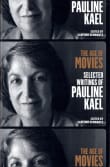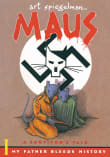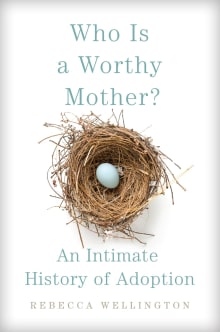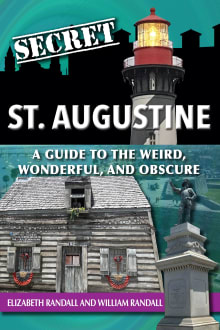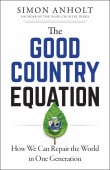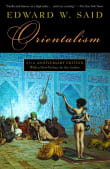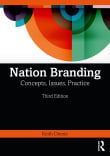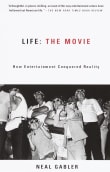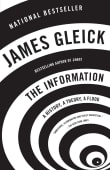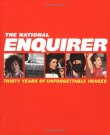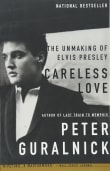The Image
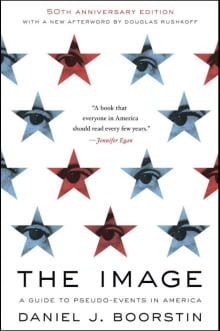
Book description
First published in 1962, this wonderfully provocative book introduced the notion of “pseudo-events”—events such as press conferences and presidential debates, which are manufactured solely in order to be reported—and the contemporary definition of celebrity as “a person who is known for his well-knownness.” Since then Daniel J. Boorstin’s prophetic vision…
Why read it?
4 authors picked The Image as one of their favorite books. Why do they recommend it?

This is a nice primary source assessment of the vast shadow created by Gleick and Bod’s books. Read simultaneously as both an artifact of the times as well as serious scholarly material, Boorstin deftly outlines the evolution of thinking and communication against the rising onslaught of electronic media flooding the world of the 1960s and beyond: the image and performative illusion of “pseudo-events” dominating our attention.
Read as prophecy, I also pair with Alvin Toffler’s Future Shock (1970) and Paul Valéry’s The Conquest of Ubiquity essay from the 1920s.
From Daniel's list on the history of information-knowledge.

Daniel Boorstin’s The Image is an amazing study by the former Librarian of Congress that first set in place many of the ideas about celebrities that are still with us today.
“The celebrity is a person who is known for [their] well-knowness,” Boorstin wrote. He describes “pseudo-events”, the manufactured illusions that we mistake for reality in a media-saturated world.
Drawing on examples like Charles Lindbergh, Boorstin shows how we come closer and closer to degrading all fame into notoriety. Thus, the heroes of the past are blurred before our eyes and eventually disappear.
The Image is the first book I…
From Landon's list on celebrity culture and what it is doing to America.

Boorstin’s classic work got me hooked onto the idea of the importance of city, region, and country reputation.
Just imagine Boorstin’s visionary insights when – in 1962! – he argues that “we are ruled by extravagant expectations: of what the world holds... how exotic the nearby can be, how familiar the exotic can become... of the closeness of places and the farness [sic] of places… [and…] of our power to shape the world… to fabricate national purposes when we lack them, to pursue these purposes after we have fabricated them… we have become so accustomed to our illusions that we…
From Robert's list on managing the reputation of cities and countries.
If you love The Image...

Boorstin’s political perspective is conservative, but as a media critic he introduced one of the most significant concepts for understanding, not only our media-saturated culture in general, but the abuses of right-wing television, such as FOX. His concept of the ‘pseudo-event’ is one that I have found incredibly useful in teaching and thinking over the years. A pseudo-event is something that acquires its reality and power not because it is based on fact, but simply because the media has reported it, repeated it, exaggerated it, re-played it, made a mantra of it. Ring a bell? “Email Scandal”? “No Collusion, No…
From Susan's list on popular culture.
Want books like The Image?
Our community of 12,000+ authors has personally recommended 100 books like The Image.



